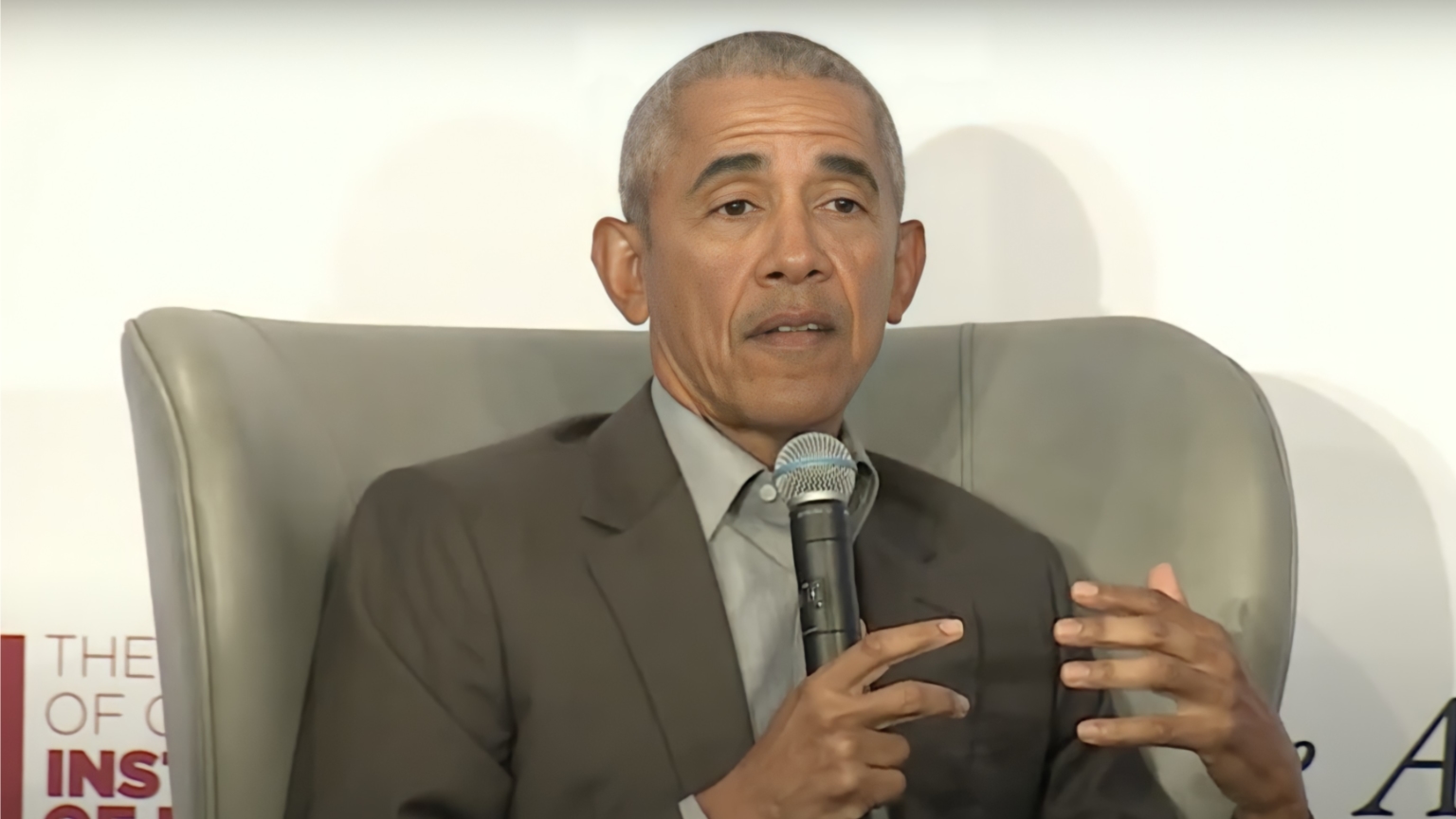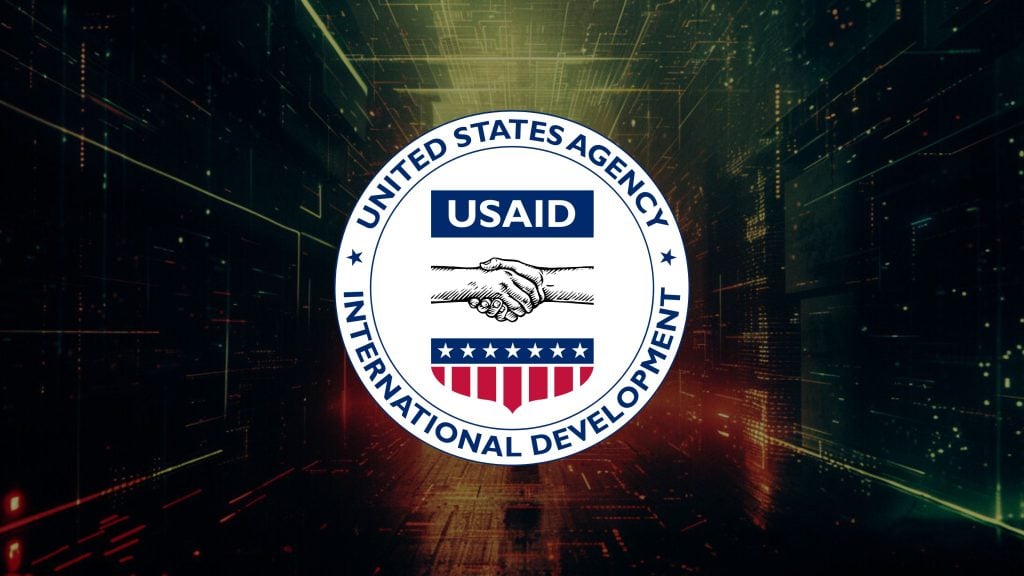President Barack Obama has suggested that people’s access to online anonymity be contingent on whether they’re “rude, obnoxious, cruel, or lie.”
Obama made the comments during a keynote conversation with The Atlantic’s Editor in Chief Jeffrey Goldberg at the “Disinformation and Erosion of Democracy” conference.
Earlier in the conference, Obama had claimed that he’s “close to a First Amendment absolutist” and Goldberg asked Obama how he, as a self-described near-First Amendment absolutist, would go about regulating social media companies “to make sure that they’re not privileging anger, privileging division and polarization through their algorithms.”
Obama cited “the issue of anonymity” in his answer and began by framing it as an issue of distinguishing between bots and humans. However, he continued by suggesting that online anonymity should be modified to target people who engage in speech he doesn’t approve of:
“In some circumstances, it’s important to preserve anonymity…so that there’s space in repressive societies to discuss issues but as we’ve all learned, it’s a lot harder to be rude, obnoxious, cruel, or lie when somebody knows you’re lying and knows who you are and I think that there may be modifications there that can be made.”
Obama didn’t elaborate on how it would be possible to preserve anonymity in some circumstances while also making modifications when users engage in categories of speech that he doesn’t approve of. He also didn’t specify who would get to decide the circumstances that determine when it’s important to preserve anonymity. However, when discussing social media product design, Obama supported the idea of platforms falling under the scope of federal inspectors.
Related: ? Obama’s internet kill switch
While Obama frames himself as a close to a First Amendment absolutist, he has previously called for Big Tech regulation to curb “crazy lies and conspiracy theories” – a proposal that seemingly rubs up against the First Amendment.
And while private companies censoring or suppressing content isn’t a technical violation of the First Amendment, it does go against the principle of allowing more speech. Obama supports this privatized censorship and has called for internet platforms to reduce the influence of hate groups.






















